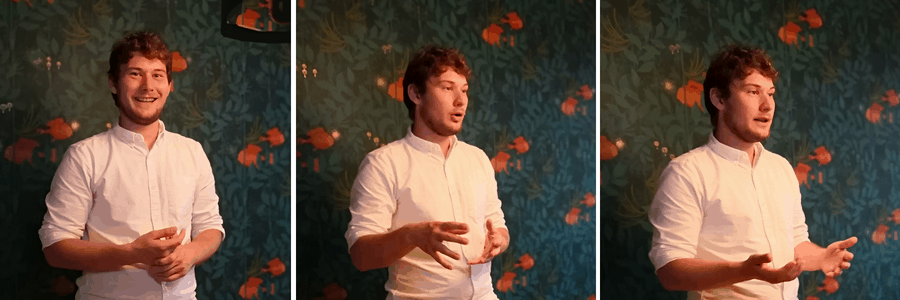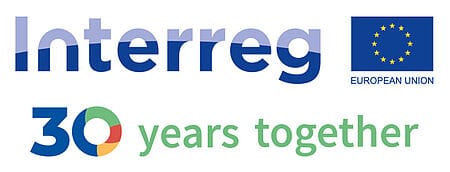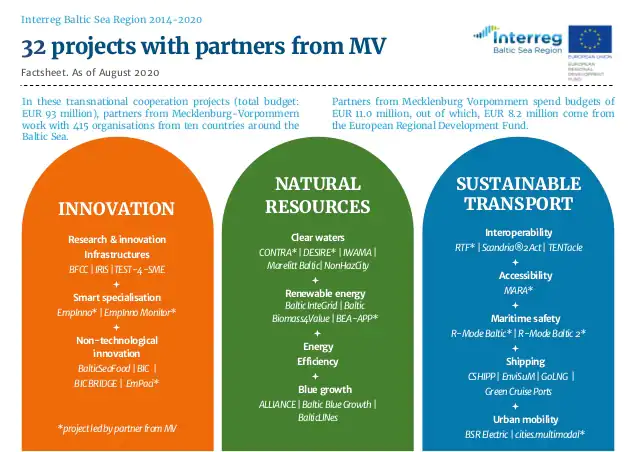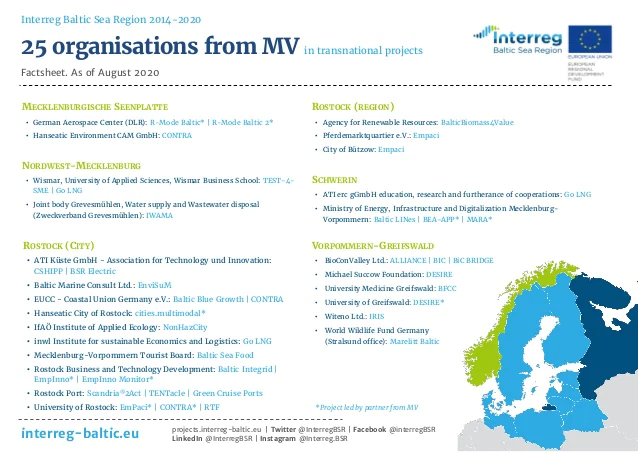Niklas Nienaß is an energetic young politician from the Baltic Sea region. He is a German member of the European Parliament who was elected in Mecklenburg-Vorpommern, a region that is represented in 32 projects with 25 partners in the current Interreg Baltic Sea Region Programme. On the occasion of Interreg celebrating its 30th anniversary, we asked Niklas about his view on the future of Interreg cooperation.

MEP Niklas Nienaß ©IB.SH/Anna Galyga
Interreg is turning 30 years this year – do you have a birthday wish for Interreg?

Niklas Nienaß: I have a niece in her twenties, and the best birthday present for her is always money – I think the same applies to Interreg. Interreg is a great Programme, and for its 30th birthday, I would be very happy to see more money being spent on its programmes and their very important contributions to European cooperation. Europe has been divided for many reasons and by so many borders in the past. Now that we have opened these borders, we see that many regions actually face similar problems, and have developed different solutions. This is why Interreg transnational cooperation is so important. It can help us learn a lot from each other and increase the speed at which we bring prosperity to all the regions in Europe.
Why is Interreg cooperation important for your region, Mecklenburg-Vorpommern?
Niklas Nienaß: Mecklenburg-Vorpommern is very rural and has a lot of tourism and a lot of agriculture. And I think it’s very important for our region to learn lessons that others have already learned and to see what we can get out of this. If you look at the Baltic Sea region as a whole, there are so many similarities in the structure, in the topography and the geography, and therefore the problems are somewhat comparable. That’s why we can learn from each other. And that’s why I think that cooperation is very important.
Is there one particular transnational Interreg project you like?
Niklas Nienaß: One project that I am very interested in is the MARA project, and its new approach to mobility in remote areas. I think it’s very important that we ensure that people in rural areas are able to enjoy the same quality of life as those in the cities. This means: every person, no matter how old, should be able to go to the city, travel abroad, and simply be mobile. To achieve this, we need different and new mobility solutions in rural areas, which help us to include all people and maintain or create a good quality of life for them.
The COVID-19 pandemic brought back borders to Europe. Against this background, do you think transnational Interreg cooperation will be more or less important in the future?
Niklas Nienaß: Yes, COVID-19 did bring borders back. And it turned out to be not even helping. It did not stop the virus, it did not decrease the spreading. On the contrary: -More cooperation could have helped more. I was shocked when Italy asked for help, and Germany closed the borders and did not send masks. That is something we must not allow in a European community. We need to rethink how we tackle crises. We need to think of more cooperation rather than nationalising issues.
What kind of Europe will Interreg help to create?
Niklas Nienaß: I hope for a Europe that is more and more united. My dream would be a United European Federation. Such a Europe can only be realised with a successful cooperation between the regions, and Interreg really shows how the EU can work with its regions, and how regions can work together. The Interreg Programmes help tackling specific problems in the regions and help finding solutions for the people on the ground. By this, they give the European spirit something tangible: something to look at and something to touch. In this way, the Interreg Programmes show people what European Unity can really accomplish.








